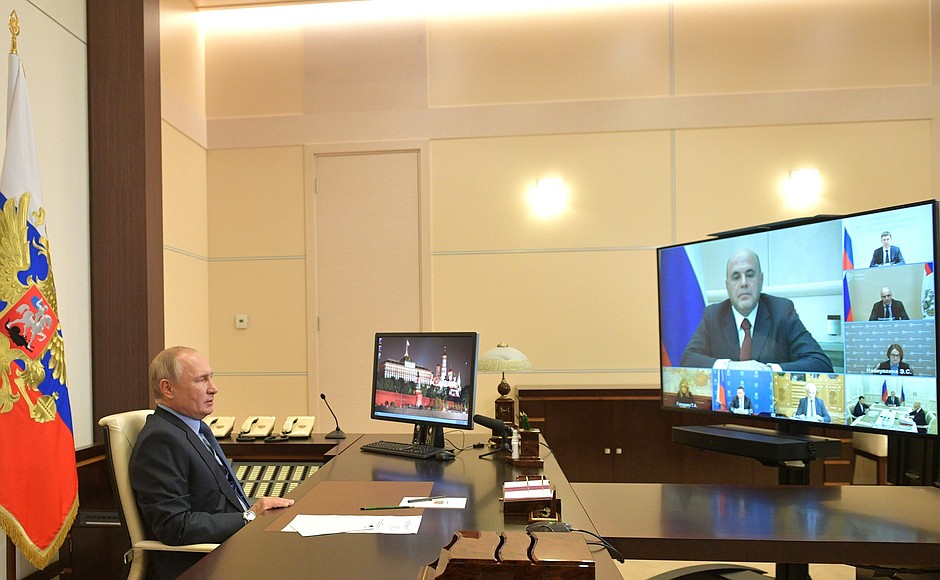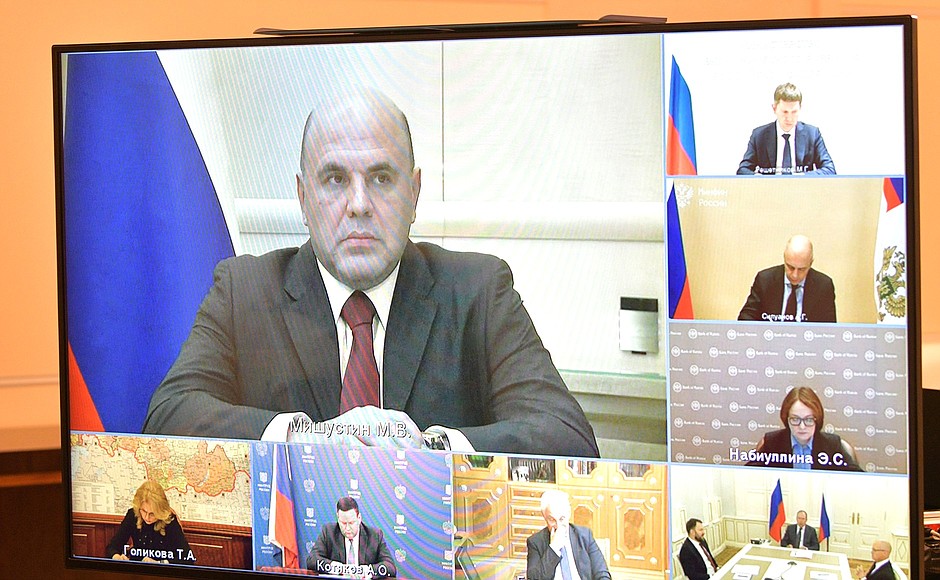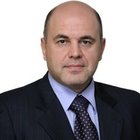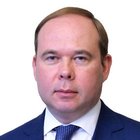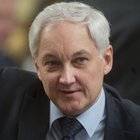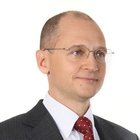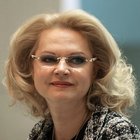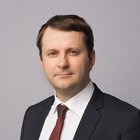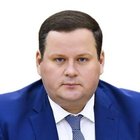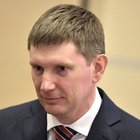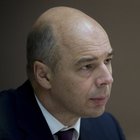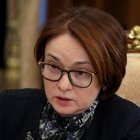Attendees included Prime Minister Mikhail Mishustin, Chief of Staff of the Presidential Executive Office Anton Vaino, First Deputy Prime Minister Andrei Belousov, First Deputy Chief of Staff of the Presidential Executive Office Sergei Kiriyenko, Deputy Prime Minister Tatyana Golikova, Presidential Aide Maxim Oreshkin, Minister of Labour and Social Protection Anton Kotyakov, Minister of Economic Development Maxim Reshetnikov, Minister of Finance Anton Siluanov and Central Bank Governor Elvira Nabiullina.
* * *
President of Russia Vladimir Putin: Good afternoon, colleagues.
Today, we are going to have a meeting on the current and mid-term economic situation. At our September gathering, we agreed to promptly monitor what is happening, to analyse key macroeconomic and business activity indicators with due consideration for the epidemiological situation in Russia and the rest of the world.
Today, I suggest that we conduct a comprehensive survey and find out what economic development tasks require extra attention on our part, that is, on the part of the state, federal and regional agencies, as well as the business community, Russian companies and enterprises. And, of course, we will discuss what additional decisions and mechanisms should be used to maintain and consolidate positive trends in the Russian economy.
Indeed, we can see that some areas are picking up speed. For example, the processing industry’s August-September performance virtually matched that of 2019. A similar situation has taken shape in railway freight traffic volumes, with domestic traffic increasing somewhat.
At the same time, we can see that the entire economy is not yet posting a sustainable and long-term recovery. What additional tools should we use for moving ahead more confidently, what macroeconomic conditions have already been created for this, and what should be done in the short term?
As we are aware, prices remain stable in Russia, even despite the effect of certain negative factors. As of mid-October, the inflation rate was (Ms Nabiullina will correct me if I am wrong) 3.9 percent per annum, which is within the target range of the Central Bank.
Consumer demand is gradually recovering. I use the word gradually because, as you can see, there are still plenty of problems and issues. Still, it is in recovery. However, experts remain cautious (as they should be) and say that this trend may be unstable.
Obviously, the key issue here is increasing the income of our citizens and increasing their involvement in the Russian economy. I would like to discuss this topic in detail because the situation on the labour market remains rather difficult. For example, in September, the unemployment rate in Russia was, as you know, 6.3 percent – meaning there has been hardly any decrease in unemployment since August.
Of course, as I have mentioned, the epidemiological situation in the country – the spread of the coronavirus – is affecting businesses, especially small and medium-sized companies involved in retail, transportation and consumer services.
So far, the regions are refraining from strict lockdowns. I would like to point out that this situation requires carefully considered action based on the reality in each specific territory. But, of course, people’s safety must be ensured before anything else while minimising the adverse effects of the pandemic on the economy.
Federal, regional and municipal authorities must constantly keep an eye on all these matters. Naturally, the response mechanisms in case of economic risks and support measures for individuals and businesses must be readily available.
We have been dealing with all this continuously for many months. Let us review once again how proposed and operating mechanisms are working, and discuss what needs to be done in the short term.
<…>
